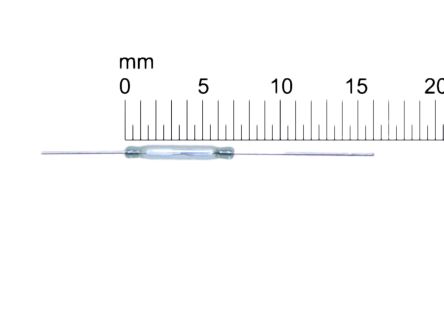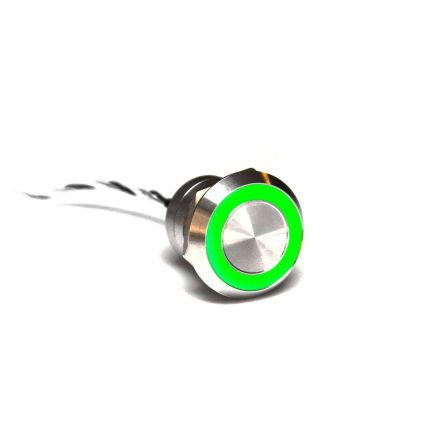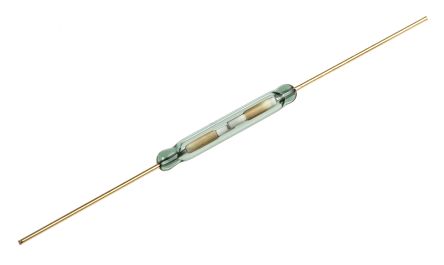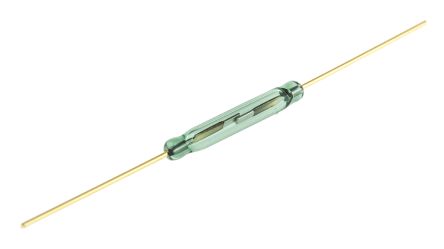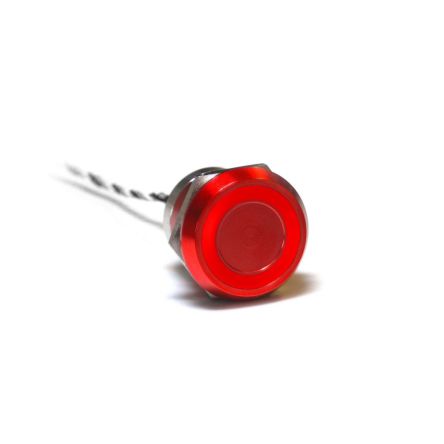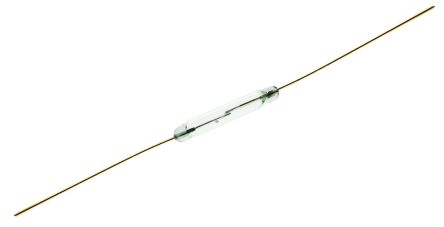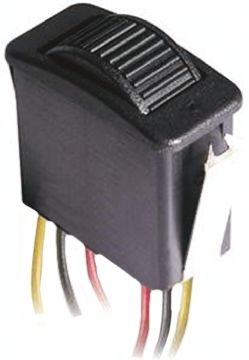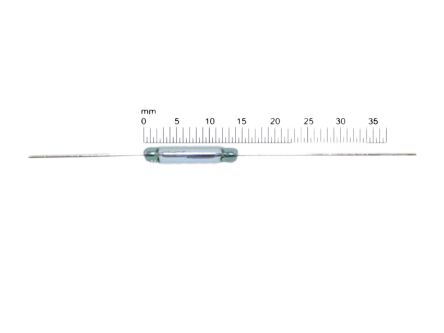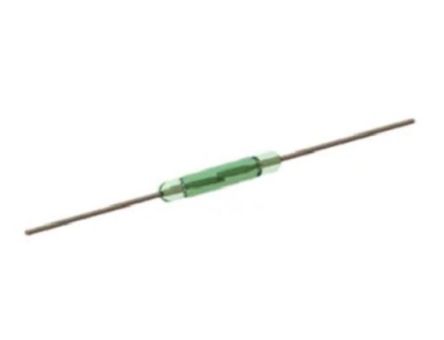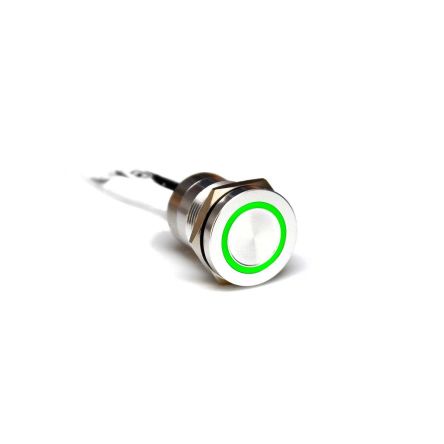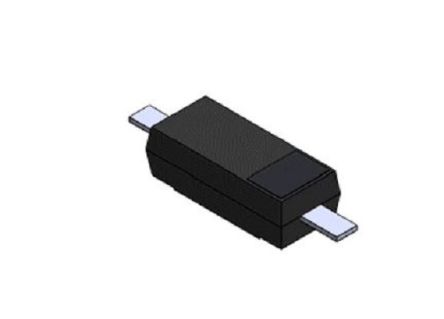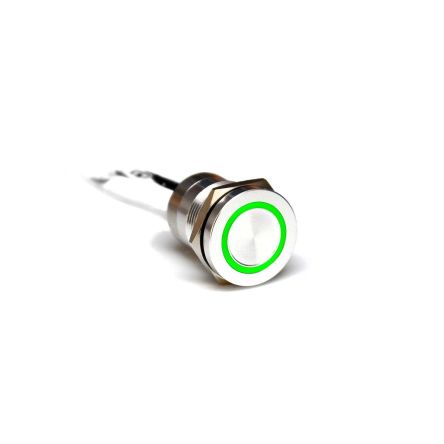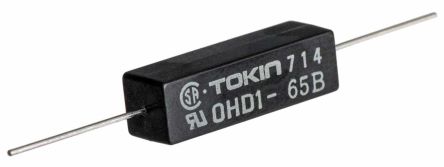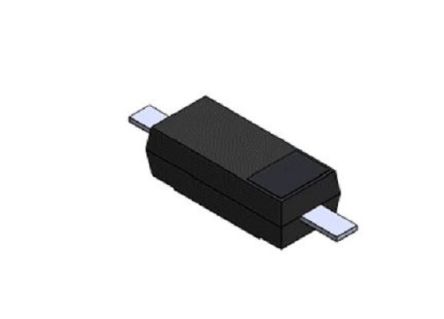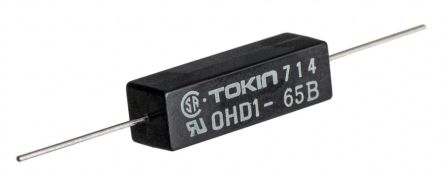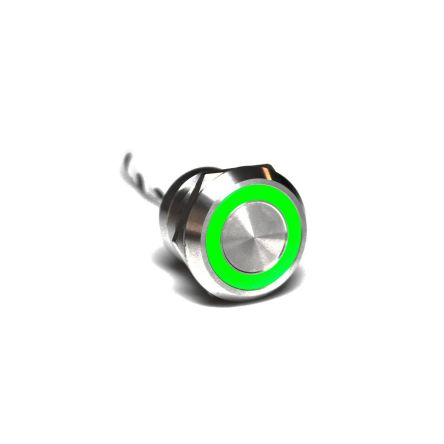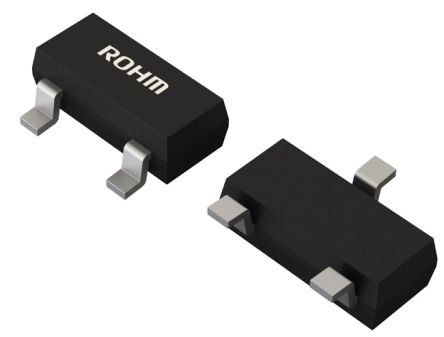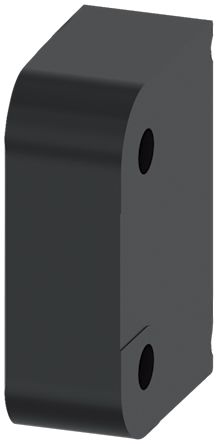Capacitive, Magnetic, and Piezo Switches are types of electronic switches that operate based on different principles. Let's explore each of them:
- Capacitive Switches: Capacitive switches use the principle of capacitance to detect touch or proximity. They typically have a touch-sensitive surface that acts as one plate of a capacitor, while the other plate is usually a ground plane or a separate electrode. When a conductive object, such as a finger, comes close to or touches the touch-sensitive surface, it changes the capacitance, which is then detected by the switch's electronics. Capacitive switches are commonly used in touchscreens, touch-sensitive buttons, and proximity sensors.
- Magnetic Switches: Magnetic switches, also known as magnetic reed switches, use the presence or absence of a magnetic field to control the switch's operation. They consist of two metal reeds that are hermetically sealed within a glass tube. Each reed contains magnetically sensitive material. When a magnetic field is applied near the switch, the reeds are attracted to each other, and the switch closes, allowing current to flow. When the magnetic field is removed, the reeds separate, and the switch opens. Magnetic switches are often used in applications such as security systems, door and window sensors, and proximity sensors.
- Piezo Switches: Piezo switches utilize the piezoelectric effect to convert mechanical stress or pressure into an electrical signal. They consist of a piezoelectric material, such as certain crystals or ceramics, that generates an electric charge when subjected to mechanical deformation. When pressure or force is applied to the switch, it causes the piezoelectric material to deform, generating an electrical signal. This signal can be used to trigger a switching action. Piezo switches are commonly found in applications where a robust and reliable switch is required, such as industrial control panels, medical equipment, and automotive applications.
Each type of switch has its own advantages and limitations. Capacitive switches offer touch-sensitive and non-mechanical operation but may be affected by moisture or dirt. Magnetic switches are highly reliable and can operate in harsh environments but require the presence of a magnetic field. Piezo switches are durable and can withstand high forces, but they require mechanical pressure to operate and are typically more expensive.






